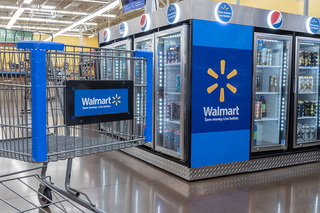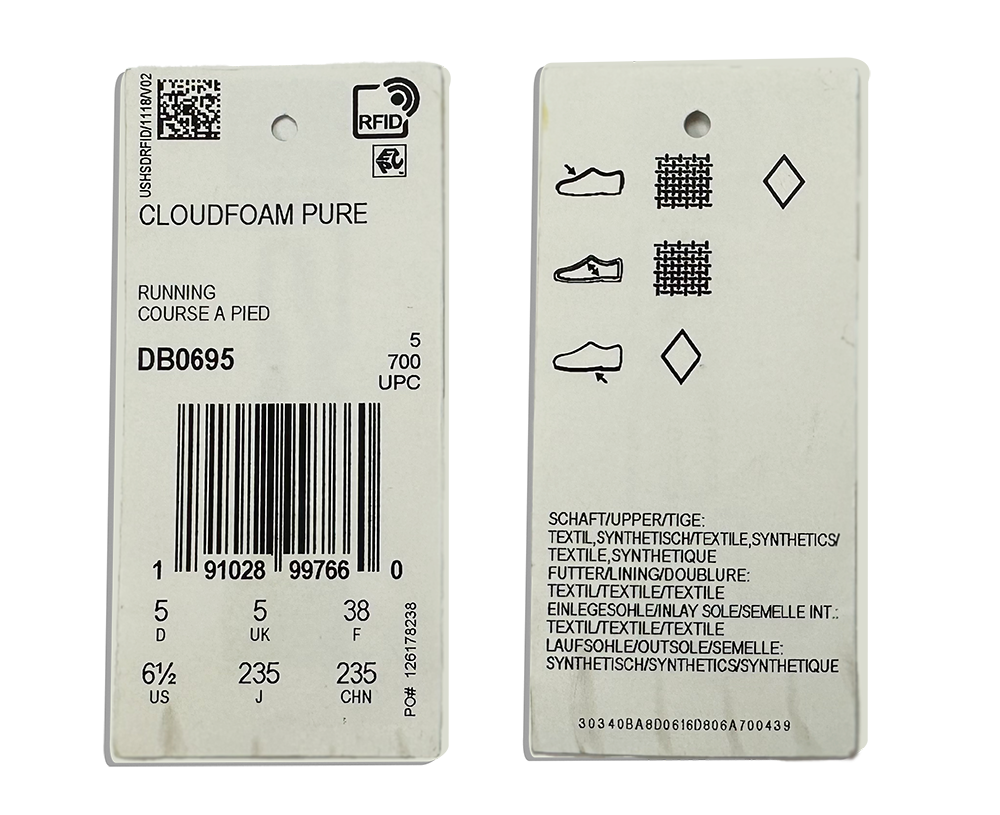Auburn RFID Lab Retail Guidelines: New & Updated ARC Specs for RFID Tags
As a leading authority on implementing RFID technology in retail, Auburn’s RFID Lab and ARC program continuously monitor, develop, and update specifications to improve RFID use in the industry. Since the ARC program’s inception in 2009, its official specs have evolved significantly. With popular specs like W1, W2, W3, and W4 now retired, it’s the perfect time to discuss the recent changes and additions.
Retired ARC Specs
Below is a list of Auburn RFID’s Retired ARC Specs, followed by their replacement Spec.
- Spec G – Replaced by Spec F
- Spec J – Replaced by Spec Y2
- Spec K – Replaced by Spec I
- Spec M – No Replacement
- Spec N – No Replacement
- Spec W1 – Replaced by Spec R
- Spec W2 – Replaced by Spec R
- Spec W3 – Replaced by Spec R
- Spec W4 – Replaced by Spec R
- Spec Y – Replaced by Spec Y2
New ARC Specs
There are 9, newer ARC Specs that are currently being used by big retailers like Walmart, Lowe’s, Dick’s Sporting Goods, and more.
- Spec C2 - Designed for ceramic/glass items like candles. Spec C2 is challenging due to limited options—only 10 RFID tags are currently approved by the ARC program.
- Spec H - Optimized for high-density apparel locations, Spec H has a moderate variety of approved tags, slightly less popular than Specs R and Y2.
- Spec P - Intended for car and truck batteries, only 5 ARC approved RFID tags exist for this category from Avery Dennison and Tageos.
- Spec R - A versatile choice for apparel, footwear, and rolls of ribbon or tape. Spec R offers a wide variety of tags in multiple sizes.
- Spec S - Tailored for pharmaceuticals, vitamins, and similar bottles. Spec S features small tags (averaging 22 mm x 10 mm) for easy application on medicine bottles.
- Spec T - Created for managing car and truck tire inventory, Spec T addresses the challenges of tagging rubber. Only six ARC-approved tags exist, made by Avery Dennison, SML, and Tageos.
- Spec U - Suited for tagging luggage and baggage in retail - Spec U tags are bulkier, featuring large metallic sides.
- Spec Y2 - Replacing many older specs (W1, W2, W3, and Y), Y2 is widely used for home goods, electronics, toys, sporting goods, lawn & garden, and paint. It’s one of the most popular specs with numerous tag options.
- Spec Z - Designed for quick-service restaurant (QSR) food, Spec Z offers moderate options from Avery Dennison, Checkpoint, and Tageos.
Unchanged ARC Specs
The following ARC specs remain unchanged and continue to be widely used by retailers:
- Spec F - Common in US retail for apparel, Spec F offers a large variety of ARC-approved tags.
- Spec I - Common in European retail for apparel, Spec I offers a large variety of ARC-approved tags.
- Spec L - Used for intimate apparel/undergarments, Spec L accommodates various packaging styles with numerous approved options.
- Spec O - Ideal for sporting goods and cardboard items like books, paper, canvas, and stationary items, Spec O is frequently used in Walmart, and Dick’s Sporting Goods.
- Spec Q - A long standing ARC Spec for miscellaneous retail accessories, Spec Q has a large variety of tags, in all different shapes and sizes, and from different manufacturers from which to choose.
- Spec W5 - Designed for sunglasses, Spec W5 is one of the original Walmart Specs, with a large number of options available.
- Spec W6 - Spec W6 is an original Walmart Spec for jewelry tagging. Spec W6 addresses the diverse packaging options for different types of jewelry with a wide variety of ARC-approved tags.
Conclusion
For more information on RFID mandates and all the new Specs released by the Auburn RFID Lab’s ARC Program – contact us via our chat feature, email, or call us!
You May Also Like
ARC-Approved RFID Tags
Check out all of the Auburn RFID Lab's ARC Specs and shop for RFID tags that comply with each mandate. Or learn how we can help!



